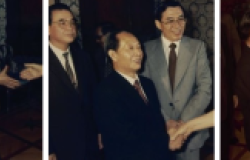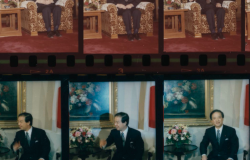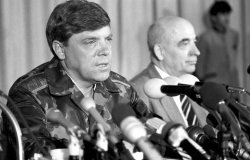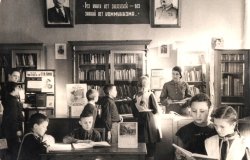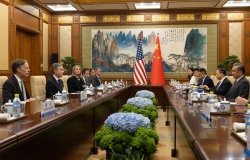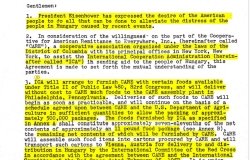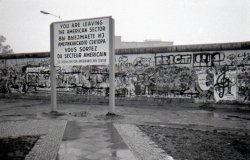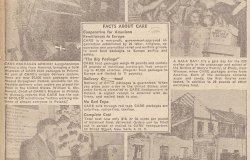Cuban Missile Crisis: Nuclear Order of Battle
Robert S. Norris, senior fellow for nuclear policy at the Federation of American Scientists will lead a Wilson Center panel discussion on "Cuban Missile Crisis: The Nuclear Order of Battle." Joining him will be defense analyst and nuclear historian David A. Rosenberg. The event will take place during the 50th anniversary of the 13 day crisis.
Overview
Robert S. Norris, senior fellow for nuclear policy at the Federation of American Scientists will lead a Wilson Center panel discussion entitled, "Cuban Missile Crisis: Nuclear Order of Battle." The event will take place during the 50th anniversary of the 13 day crisis.
- Read the full "Cuban Missile Crisis: Nuclear Order of Battle."
- Read about the Nuclear Order of Battle in the Bulletin of the Atomic Scientists.
It is universally understood that had the Cuban Missile Crisis led to a nuclear war, that war would have been fought with thousands of weapons, and the destruction of human civilization would have been the likely result. In the fifty years since the end of the crisis, new information has become available to researchers about what nuclear forces were available for use by the United States and Soviet Union during the crisis. The revelation in 1992 that Soviet tactical nuclear weapons were based in Cuba during the crisis—and may have been used in the event of a US invasion—is the best known and most startling of these new insights.
Now, for the first time effort, Federation of American Scientists Senior Fellow Robert S. Norris has compiled all of the available information on US and Soviet nuclear forces during the Cuban Missile Crisis. The result is a Cuban Missile Crisis nuclear order of battle laid out in unprecedented detail, encompassing US and Soviet forces in and around Cuba, in and facing Europe, and central strategic forces.
Joining Norris on the panel is nuclear historian and defense analyst David A. Rosenberg.
Tim McDonnell, program associate with the Wilson Center's Nuclear Proliferation International History Project will chair the event.
Documents & Downloads
Speakers
Hosted By

Nuclear Proliferation International History Project
The Nuclear Proliferation International History Project is a global network of individuals and institutions engaged in the study of international nuclear history through archival documents, oral history interviews, and other empirical sources. At the Wilson Center, it is part of the Wilson Center's History and Public Policy Program. Read more

Kennan Institute
The Kennan Institute is the premier US center for advanced research on Eurasia and the oldest and largest regional program at the Woodrow Wilson International Center for Scholars. The Kennan Institute is committed to improving American understanding of Russia, Ukraine, Central Asia, the South Caucasus, and the surrounding region though research and exchange. Read more

Cold War International History Project
The Cold War International History Project supports the full and prompt release of historical materials by governments on all sides of the Cold War. Through an award winning Digital Archive, the Project allows scholars, journalists, students, and the interested public to reassess the Cold War and its many contemporary legacies. It is part of the Wilson Center's History and Public Policy Program. Read more

History and Public Policy Program
The History and Public Policy Program makes public the primary source record of 20th and 21st century international history from repositories around the world, facilitates scholarship based on those records, and uses these materials to provide context for classroom, public, and policy debates on global affairs. Read more
Thank you for your interest in this event. Please send any feedback or questions to our Events staff.
